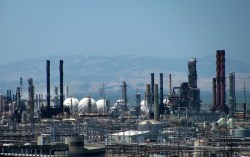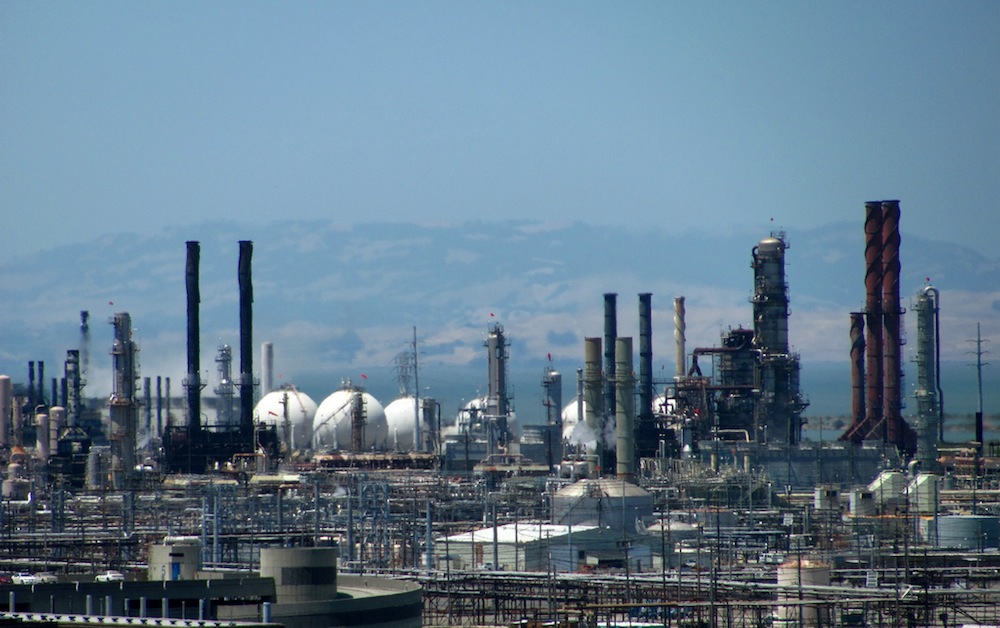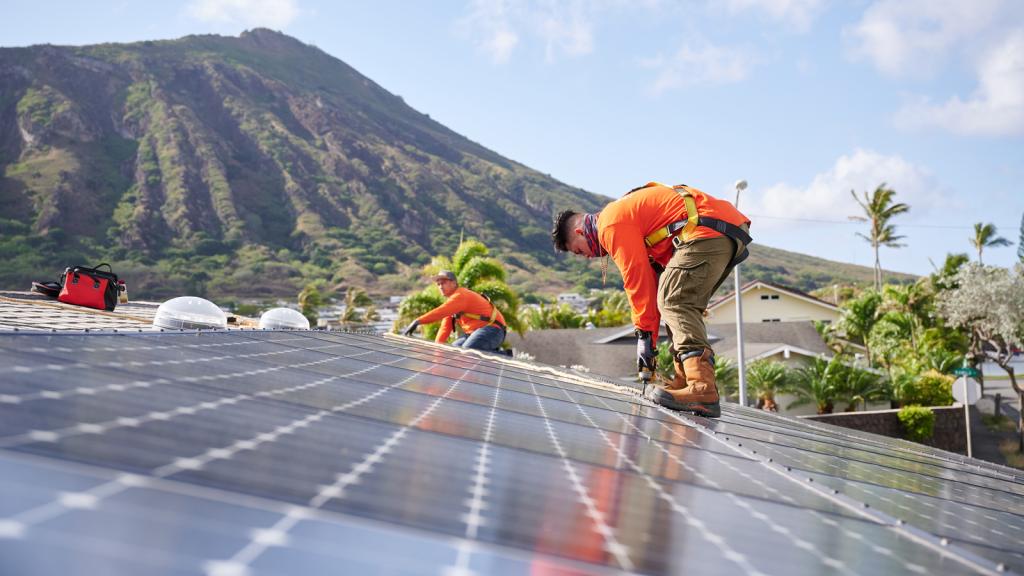
Flickred!California polluters will soon be able to buy CO2 offsets.
The owners of California’s most polluting industries will be breathing a little easier under a greenhouse gas rule being developed by the state — but their neighbors will not be so lucky.
Californian businesses will soon be allowed to purchase carbon offsets to help them achieve up to 8 percent of required greenhouse gas reductions under the state’s climate change rules. So an oil refinery or factory could sink some funds into a reforestation or energy-efficiency project somewhere else in the U.S. and not reduce its own pollution as much.
The carbon offset rule, being developed by the California Air Resources Board (ARB), will help ensure that the state’s climate change regulations do what they are intended to do — reduce the amount of greenhouse gases going into the atmosphere.
But it will do little for Californians who were eager to breathe cleaner air as a byproduct of the climate change rules. And some worry that carbon offset projects funded by Californian businesses could be scams, in some cases projects that would have moved forward anyway. Those concerns triggered a lawsuit against the state’s planned use of carbon offsets, but the lawsuit was dismissed in January.
From an article in The Sacramento Bee:
[S]tate officials and some environmentalists say offsets are a perfectly legitimate way to combat global warming.
They say offsets give California companies greater leeway in how they follow the state’s climate-change law, AB 32, which was signed into law in 2006. With companies spending an estimated $1 billion a year to comply, this flexibility will help them save money.
“Offsets are a low-cost mechanism,” said Rajinder Sahota, manager of the ARB’s climate change program evaluation branch. The ARB oversees the state’s year-old carbon emissions standards and will police the use of offsets.
Still, some critics say companies in California shouldn’t be allowed to satisfy part of their regulatory burden by paying someone in another state to curb their carbon emissions.
“The local communities living on the fence lines of the refineries and power plants and incinerators don’t receive the benefits,” said Jeff Conant of Friends of the Earth, another critic of offsets.
The use of carbon offsets can be controversial, but it is widespread. It’s allowed, for example, in the European Union’s carbon-trading scheme.



